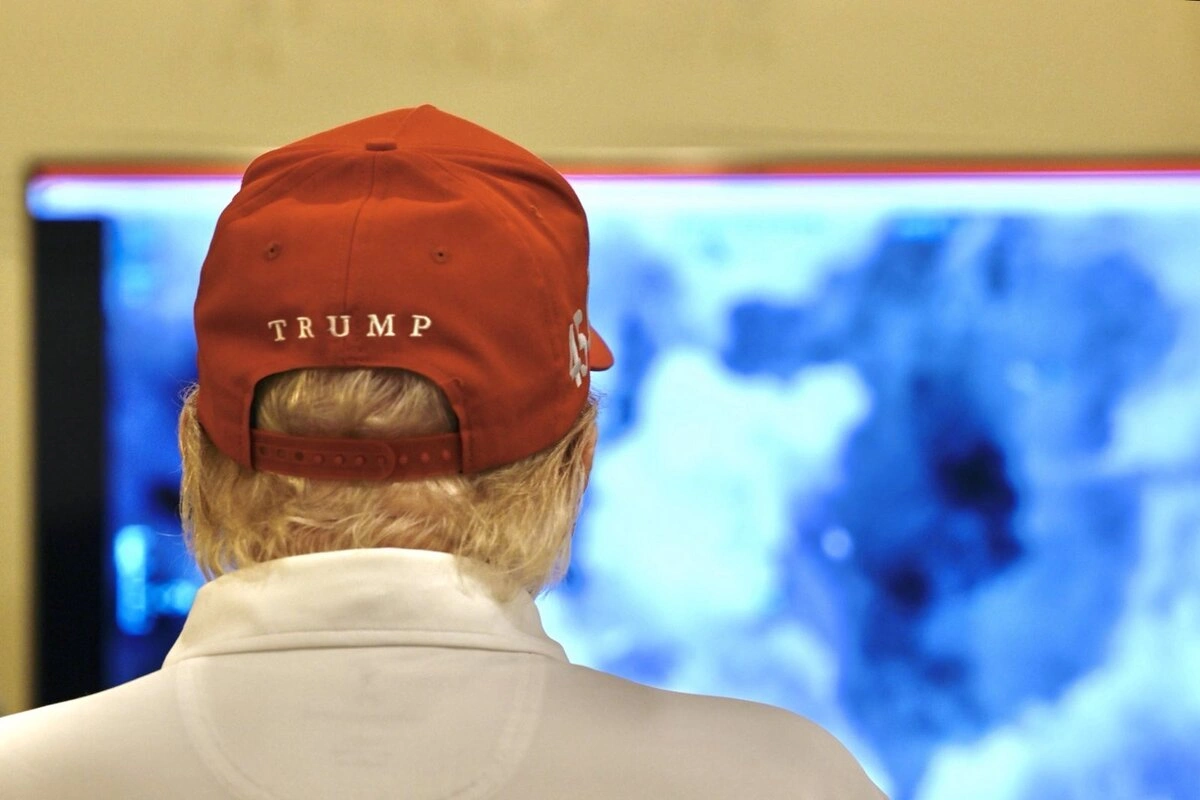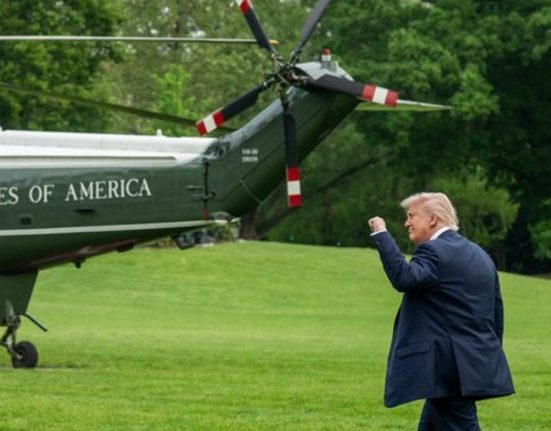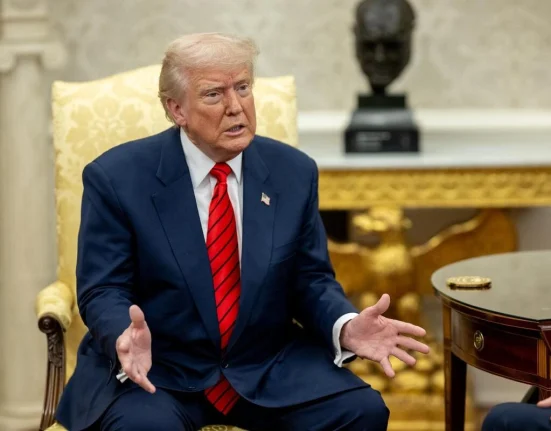Digital taxes in spotlight
US President Donald Trump has warned he could retaliate against countries that impose digital taxes, rules or regulations that he claims unfairly target US technology firms.
Writing on his Truth Social platform, Trump accused foreign governments of “attacking our incredible American Tech Companies” and suggested tariffs and tighter export controls could follow.
He argued that levies such as digital services taxes “outrageously” give a pass to China’s biggest tech groups while penalising US giants including Alphabet, Meta and Amazon. “This must end, and end NOW!” Trump declared.
Rising trade tensions
The remarks threaten to reopen trade disputes with both the UK and EU, despite both sides having struck deals with Washington in recent years. The US has repeatedly objected to Britain’s 2% digital services tax, which applies to companies generating more than £500m globally and at least £25m from UK users.
In Europe, the administration has also taken issue with the bloc’s landmark Digital Services Act, which forces large tech firms to step up platform policing. France, Italy and Spain maintain their own digital taxes, heightening the potential for confrontation.
Political backdrop
The issue of foreign digital levies is not new. During Trump’s first presidency, both Republicans and Democrats condemned such measures as discriminatory. In February, he instructed the US trade representative to relaunch investigations into countries with digital services taxes, a process that could pave the way for tariffs.
In June, Canada dropped its planned digital services tax after Trump branded it a “direct and blatant attack”, seeking to smooth negotiations with Washington. UK officials also weighed altering their tax but ultimately secured a trade deal without making changes.
Broader implications
Analysts warn that a renewed crackdown risks destabilising relations with close allies at a time of global economic uncertainty. Technology regulation has become a flashpoint between Washington and other major economies, as governments seek to increase oversight of digital platforms while also capturing more tax revenue.
Critics of Trump’s stance argue that the US risks appearing to shield its tech champions from scrutiny at the expense of fair competition and consumer protection. Yet supporters counter that foreign taxes disproportionately burden Silicon Valley while sparing Chinese competitors, raising concerns about strategic disadvantage.
As the 2025 trade agenda unfolds, Trump’s latest broadside signals that digital taxation could become a defining battlefront in transatlantic relations. For US allies weighing reforms, the choice may soon be between adapting their rules or facing the threat of American tariffs.





